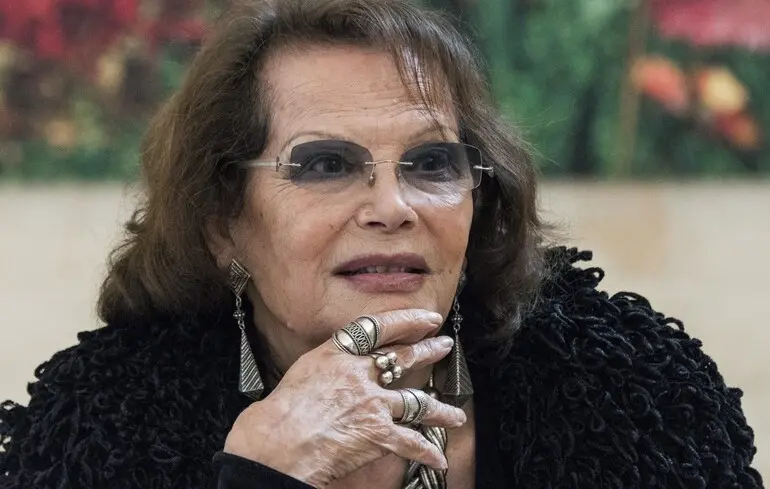Legendary 1960s actress Claudia Cardinale passes away: her life and cinematic legacy

At the age of 87, the world bid farewell to one of the most luminous stars of post-war Italian cinema—actress Claudia Cardinale.
Her career, spanning over decades, was marked by a rich variety of roles in both theater and film, establishing her as a true icon of global culture.
Born in Tunisia to an Italian family, she grew up immersed in diverse cultural influences and demonstrated her acting talent from a young age.
Her cinematic journey began in 1957 after winning a beauty contest in Tunisia, which unexpectedly provided her with an all-expenses-paid trip to the Venice Film Festival.
There, she was introduced to the world of cinema, leading to her debut in Italian movies.
Early on, her roles often had to be dubbed because she spoke Sicilian dialect at home and was educated in French-speaking schools.
Her personal life faced hardships, including a secret pregnancy—the result of violence—as she has described.
In 1958, she gave birth to her son Patrick in London, initially hiding the identity of his father, claiming he was her brother and letting her parents raise the child.
Despite these challenges, Cardinale rapidly gained international fame after her acclaimed performances in Federico Fellini’s “8½” and Luchino Visconti’s “The Leopard,” where she worked simultaneously, even changing her appearance and hair color to suit different roles.
Her success in Europe opened doors to Hollywood, where she starred in Blake Edwards’ comedy “The Pink Panther” and Sergio Leone’s famous Western “Once Upon a Time in the West” (1968).
The 1970s brought a difficult period, marked by her separation from producer Franco Cristaldi and her relationship with director Pasquale Squitieri, with whom she had a daughter.
These personal conflicts led to professional isolation: she was ignored by colleagues, and she was even denied a role in Visconti’s last film “The Innocent” (1976).
Financial struggles ensued until Franco Zeffirelli cast her in the miniseries “Jesus of Nazareth” (1977).
She continued working with renowned European directors such as Werner Herzog and Marco Bellocchio.
Her bold personality was well-known—once, she audaciously attended an audience with Pope Paul VI in a miniskirt, breaking protocol.
In 2022, her life was documented in the book “Claudia Cardinale.
The Indomitable,” celebrating her resilience and undying spirit.
Over her long career, she mastered countless roles—from a courtesan to a saint, from a romantic girl to a fiercely independent actress.
She spent most of her life in France, maintaining close ties with presidents and politicians, and performed on stage at the turn of the century, receiving critical acclaim.
Even in her later years, she remained active, appearing on television and in European film productions, including the Swiss series Bulle in 2020.
Among her numerous accolades, she received a lifetime achievement award at the Berlin International Film Festival in 2002.
She often reflected on her life, stating she lived over 150 lives through her roles—working with the greatest directors who inspired her to continuously reinvent herself.
Her legacy remains a testament to creativity, resilience, and the timeless beauty of authentic talent.

